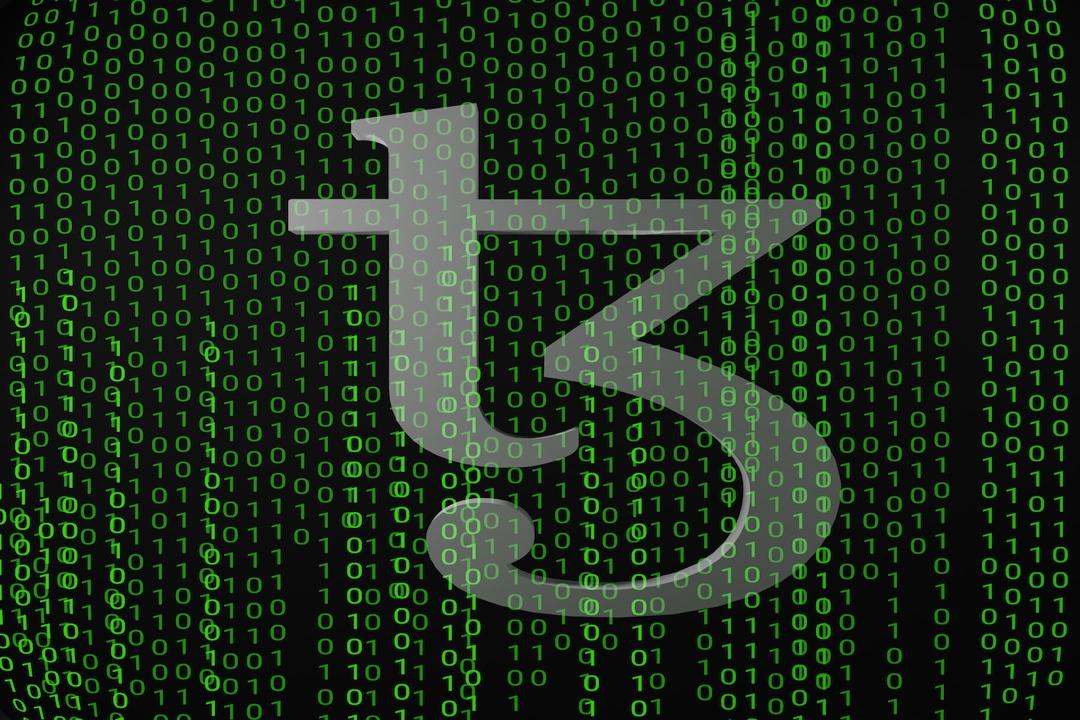The White House has introduced its first-ever comprehensive plan for managing the potential risks associated with artificial intelligence (AI). The plan requires government agencies to enhance their reporting on AI usage and address any potential risks posed by the technology.
According to a memorandum issued by the White House on March 28, federal agencies have been given a deadline of 60 days to appoint a chief AI officer, disclose their use of AI, and implement protective measures.
This directive aligns with President Joe Biden’s executive order on AI, which was issued in October 2023. During a teleconference with reporters, Vice President Kamala Harris emphasized the importance of this regulation, which was initiated by the Office of Management and Budget (OMB), in guiding the safe and efficient utilization of AI across the federal government as it continues to rapidly expand.
While the government recognizes the potential of AI, the Biden administration remains cautious about the evolving risks associated with the technology. The memorandum states that certain AI use cases, particularly those within the Department of Defense, will not be required to be disclosed in the inventory due to existing laws and government-wide policies.
By December 1, agencies must establish specific safeguards for AI applications that could impact the rights or safety of Americans. For example, travelers should have the option to opt out of facial recognition technology used by the Transportation Security Administration at airports.
Agencies that are unable to implement these safeguards must cease using the AI system, unless agency leadership can justify how continuing to use it would not pose additional risks to safety or rights or hinder critical agency operations.
The recent AI directives issued by the OMB are in line with the Biden administration’s vision for an “AI Bill of Rights” outlined in October 2022, as well as the AI Risk Management Framework established by the National Institute of Standards and Technology in January 2023. These initiatives underscore the importance of developing trustworthy AI systems.
The OMB is also seeking input on how to enforce compliance and encourage best practices among government contractors who provide AI technology. It aims to ensure that agencies’ AI contracts align with its policy, which will be further detailed later in 2024.
In addition, the administration has announced its intention to recruit 100 AI professionals into the government by the summer, as part of the “talent surge” outlined in the October executive order.
Related: Crypto-based AI markets and AI financial analysis offer real use cases in the field of artificial intelligence.

